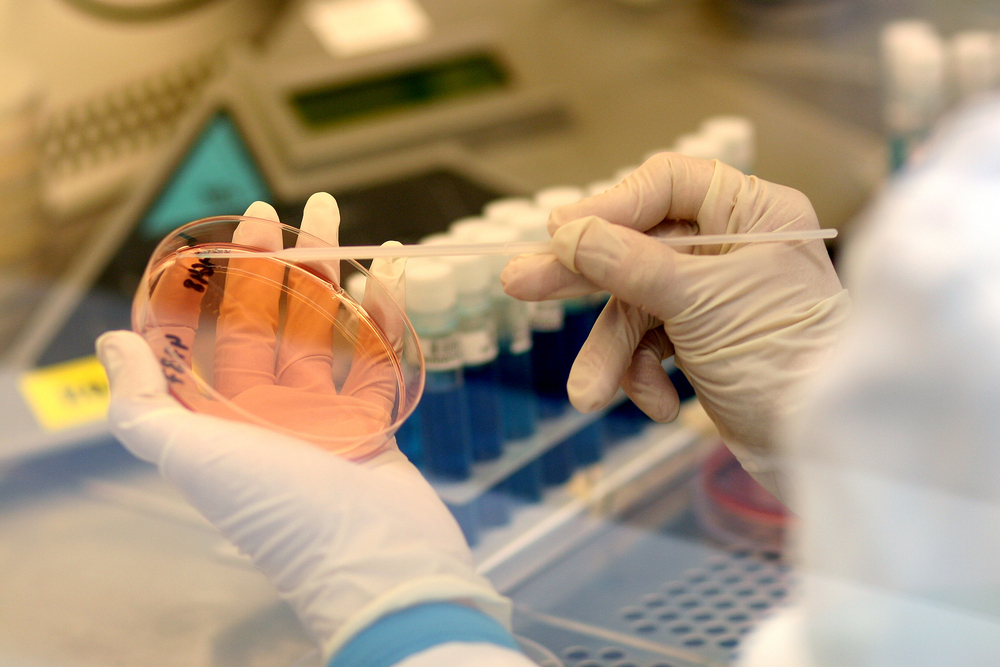Caris Life Sciences recently announced data from five different studies showing the clinical advantages of Caris Molecular Intelligence will be presented during the annual meeting of the American Society of Clinical Oncology (ASCO) in Chicago in a poster session with relevant updates on small-cell cervical cancer (SCCC).
Caris Molecular Intelligence is a tumor profiling multi-platform service that features gene sequencing (Next-Generation Sequencing [NGS] and Sanger), protein expression assessment (Immunohistochemistry [IHC]), and gene copy number and translocation analysis (Chromogenic or Fluorescence in situ Hybridization [CISH or FISH]). This is the company’s panomic comprehensive tumor profiling service that assists the identification of targeted treatment options for individuals suffering with rare and aggressive tumors. Researchers utilize these techniques to assess tumor samples and look for biomarker expression or patterns that might help to select therapeutic options for those with rare and aggressive cancers.
“Although research advances have enhanced our understanding of rare and aggressive cancer subtypes, patients living with these malignancies have few therapeutic options. The latest cataloging analyses demonstrate that Caris Molecular Intelligence can facilitate the molecular characterization of these subtypes, as well as the identification and selection of treatment regimens that specifically target the biomarkers detected in individual patients’ tumors,” stated Sandeep Reddy, from Caris Life Sciences.
A research team led by Michael M. Frumovitz from the The University of Texas MD Anderson Cancer Center managed to identify prevalent targetable molecular aberrations in cases of small-cell cervical cancer (SCCC).
SCCC is an aggressive and very rare malignancy that represents only 1 percent of all cervical cancer cases and which has recurrence in about 70 percent of patients even if caught in early-stages. A total of 78 SCCC samples were analyzed (including 53 through Caris Molecular Intelligence plus 25 samples through a 50-gene NGS platform) and high expression of both TOPO1 and TOPO2A was observed, which might explain sensitivity to topotecan and etoposide respectively. Likely druggable mutations in the team’s assessment included Akt1,KRAS, PIK3CA and TP53. Scientists also noted one patient who carried a KRAS mutation had a full response to MEK inhibitor therapy, and remains in remission at 12 months.

